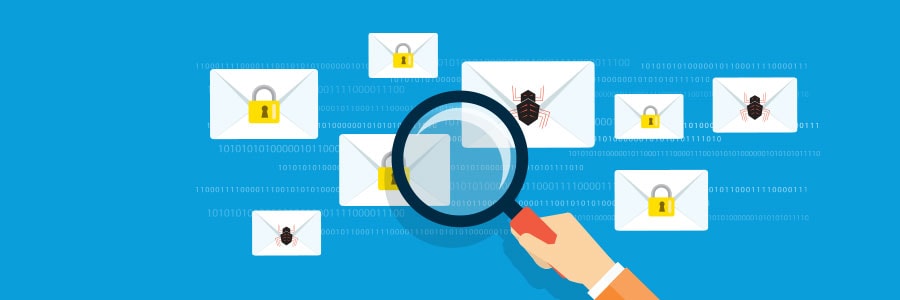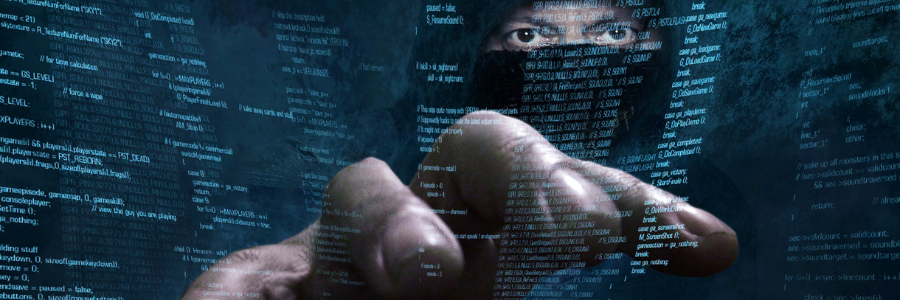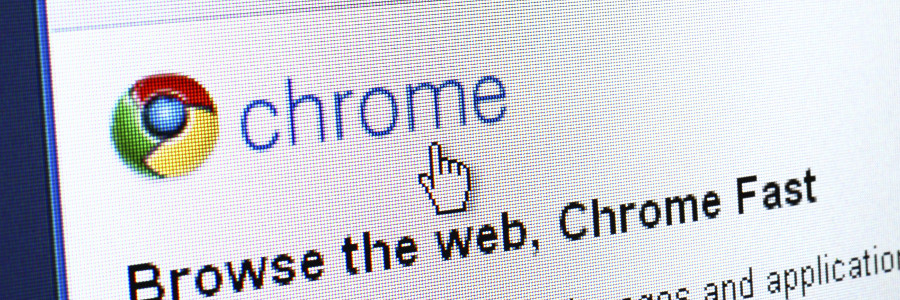Gone are the days when companies had to spend a lot of money on long-distance phone calls to clients and partners. Thanks to Voice over Internet Protocol (VoIP), you can now place and receive calls for free or a minimal fee. In this blog, we will tackle the different VoIP services to help you choose the one that best suits your business’s needs.
CONTACT US:
VA: 703-991-0101,
DC: (202) 517-7710,
MD: (301) 880-4011
SUPPORT CENTER
GRS Technology Solutions
Blog
4 Ways AI can help eCommerce businesses grow

The COVID-19 pandemic accelerated the digital transformation of businesses across sectors, including eCommerce. By adopting tools powered by artificial intelligence (AI), in particular, e-tailers were able to cope with the sudden spike in online sales during the height of the pandemic and even expand their businesses.
Why your company needs technology business reviews
Here’s what you should know about distributed spam distraction

Cybercriminals are always devising ways to attack both individuals and businesses inconspicuously. This helps them avoid detection, which buys them time to infiltrate a system and take hold of information they can leverage for a bigger attack. One way crooks do this is through distributed spam distraction (DSD) schemes.
Here’s how to tidy up your workstations

A tidy workstation helps employees be more productive. Cleanliness also contributes to better employee health, safety, and office hardware maintenance. Keep your computers and mobile devices dirt- and dust-free with these tips.
Desktop monitors
You spend several hours looking at your computer monitor, so it's important to make sure it doesn't have any dust or smudges.
Tips to optimize your VoIP systems for the holidays
Groups, Yammer, or Teams: Which one should you use?
Easy steps to make Google Chrome faster
UPS: A must-have for network equipment

Power outages can happen anytime and for a number of reasons, including accidents and natural disasters such as fires and hurricanes. While there’s little your business can do to prevent a power outage, you can mitigate its impacts on your operations by deploying an uninterrupted power supply (UPS) for your computers and networking equipment.
Printer security tips to prevent cyberattacks against your business

Business leaders invest a lot of time and resources into cybersecurity because they understand that protecting sensitive data is a necessity in the digital age. One business component that often gets overlooked are business printers. They are also vulnerable to cyberattacks, so make sure to follow these tips to ensure your company stays protected.





